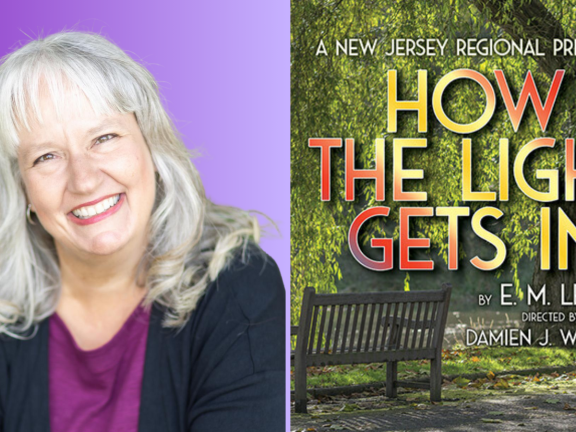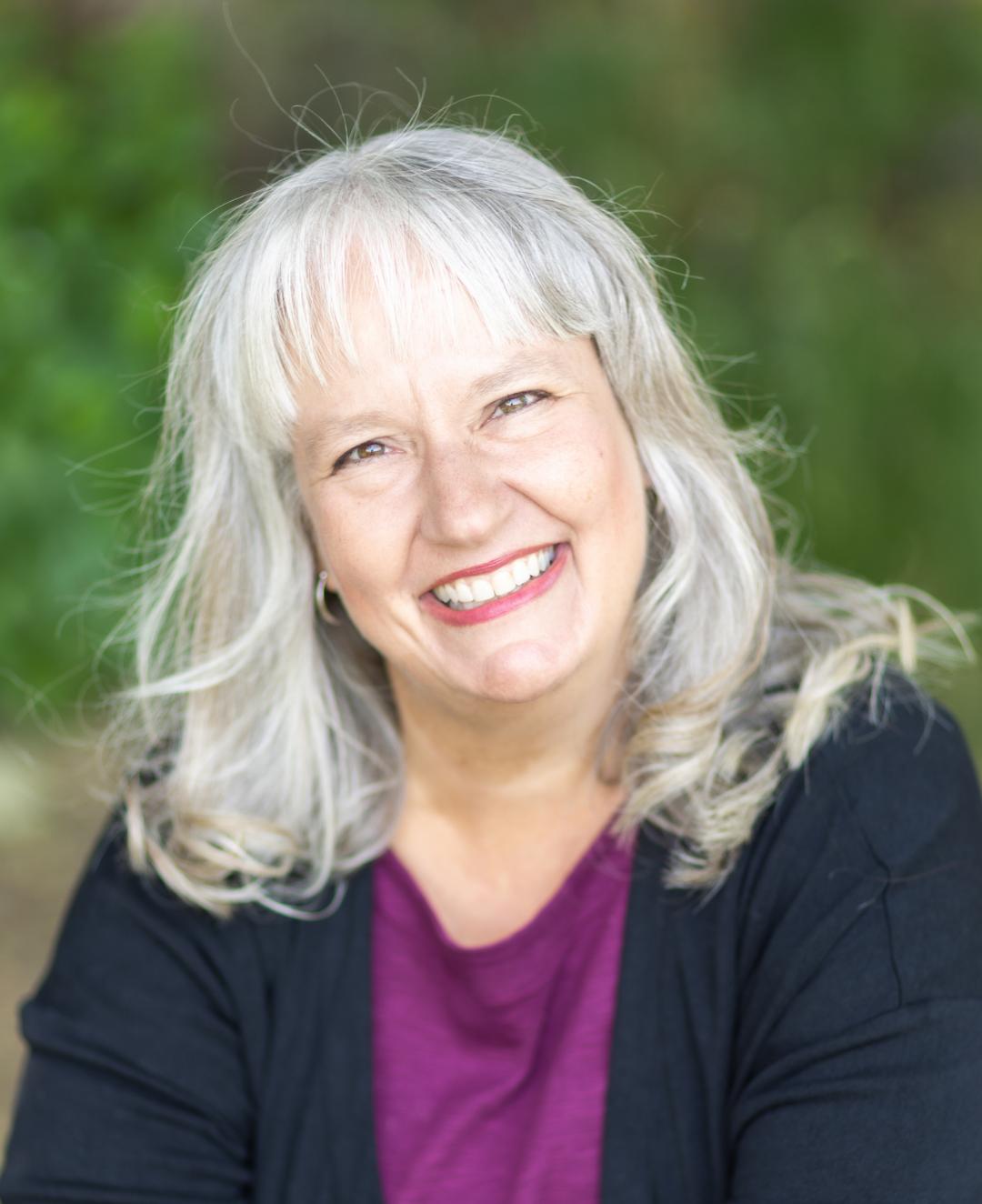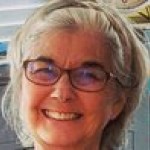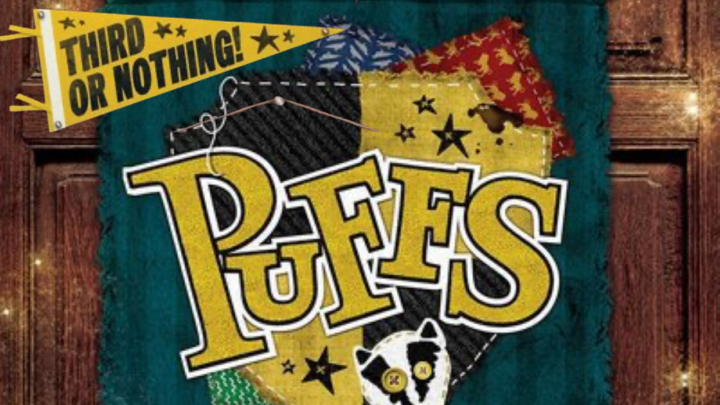E. M. Lewis Talks Life Updates and Inspirations as 'How The Light Gets In' Arrives at South Camden Theatre Company

Several years ago, I talked with playwright/teacher/librettist E.M Lewis when her play “Apple Season” was a 2019 selection for the National New Play Network’s Rolling World Premier program. According to the NPNN website, “each Rolling World Premiere supports partnerships between three NNPN Member Theaters and a playwright as they work together to develop and produce three distinct productions of a previously unproduced play.”
New Jersey was the starting point for the three individual productions of “Apple Season,” followed by Iowa, then Los Angeles. Lewis loved the experience. “I worked with different sets of actors, directors, design teams,” she said. “That gave me a chance to really explore the play.”
And now, Lewis’s Steinberg Playwright's Award-winning play, “How the Light Gets In,” will be on stage at the South Camden Theatre Company’s Waterfront South Theatre, from May 2 to May 18. “The play has had two beautiful productions,” Lewis said, “and now several more are popping up.”
I asked Lewis what else has been going on in her life since she and I first talked. “I’ve written five or six full-length plays since then,” she said. “And I moved home to the farm in Oregon.”
Lewis lived for quite a while in Los Angeles, where she went to graduate school, and for three years in New Jersey. It was a big decision to relocate from the East Coast “I wasn’t sure about the move,” she said. But that quickly changed when she got back to her family farm.
“Moving home has been a wonderful decision,” Lewis said. “Rural Oregon does not seem like a place you can be a playwright from, but, truly, you can be a playwright anywhere. I still travel with my work,” she said. “When there is a production, I often go to where it is. I really enjoy that.”

Like most writers, Lewis is attentive to what goes on around her, often scribbling down observations and bits of conversation. And when I asked where her themes and ideas come from, Lewis had a simple response. “They all begin with questions about the universe,” she said. “When there is something that I can’t resolve in my heart and mind, it becomes a play, and my characters help me come to some feeling of resolution about it.”
“I am widely interested in the world,” she said. “Some themes are political, some are socio-political, and some are very personal, very much of the human heart.”
“They are about mortality, meaning, love, and caring,” she said, “about asking the big, important questions that are scary to ask, but are resounding in our hearts. “How the Light Gets In” is in that category.”
Lewis believes that a play is an ideal setting for emotional exploration. “It’s uniquely communal in the experience of it,” Lewis said, “which is especially important when people can be feeling so isolated.”
 On another branch of her creative tree, Lewis is a librettist. When she was working on her third play, “Song of Extinction” Lewis went in search of a composer to orchestrate the story, and found “a wonderful composer, Jeffrey Pope.”
On another branch of her creative tree, Lewis is a librettist. When she was working on her third play, “Song of Extinction” Lewis went in search of a composer to orchestrate the story, and found “a wonderful composer, Jeffrey Pope.”
“I had a wonderful time,” she said, “We work in different art forms, but we were talking about the same things – story, characters, how things fit.”
A decade later, at Pope’s suggestion, Lewis applied to the Composer Librettist Development Program (CLDP) in New York, a rigorous program recognized as the preeminent training program for opera.
And she got in.
“It was an amazing, in-depth yearlong, basically post-graduate program,” she said. “I enjoyed the intellectual challenge of it.”
“I was hooked.”
In addition to the joy of exploring a new art form, Lewis also appreciated the collaborative nature of the process. “When you write an opera, from the very beginning, you are working together with someone else,” Lewis said. “Sometimes, a playwright feels like the queen of her universe. I liked the give-and-take of working with a composer.”
She has written two operas that have been produced and has a third in mind. “The medium calls for particularly heightened stories with great subtext and motion,” she said. “I can tell different stories.”
Coming from rural Oregon, Lewis never dreamed that she could be, as she says, “a Writer with a capital ‘W.’”
“I had thought about being a nurse. That seemed like a possible career,” she said. And she took related courses at the community college.
At the same time, she was taking a creative writing class.
 “Then I took the writing class a second time and then talked my way into a third time.”
“Then I took the writing class a second time and then talked my way into a third time.”
And, by the time Lewis got out of community college and transferred to Willamette University, she transferred as an English major.
“I wanted to have a life of stories,” she said.
Graduate school, in the Masters of Professional Writing program, came next. “I was exposed to a range of different forms and writers, including writing for the theater.”
A tipping point for Lewis in her writing life came after she took a two-week intensive course with Paul Zindel (“The Effect of Gamma Rays on Man-in-the-Moon Marigolds” and others). “It was the way he talked about writing for the stage that made sense to me.”
In 2018, Lewis received a commission from the Oregon Shakespeare Festival and the Artists Repertory Theater, for a play called The Great Divide, as part of the American Revolutions Program. “I wrote a draft of the play for them, but it hasn’t been produced. Yet.”
And she received a three-year appointment to the Mellon Foundation’s National Playwright Residency Program, to be in residence at Artists Repertory Theater in Portland, Oregon. That was re-upped, becoming a six-year appointment. “I am so grateful for this, which continues through 2026.” she said. “It offers financial and creative support and has been a tremendous opportunity!”
Lewis leads a life that is rich and full. She lives in nature, in a place that has always been home, close to family and the culture she grew up in.
“This place provides a strong foundation,” she said, “and people I can bring my first draft to. These are my people,” she said.
“I work very hard,” Lewis said, “and I love my work.”



